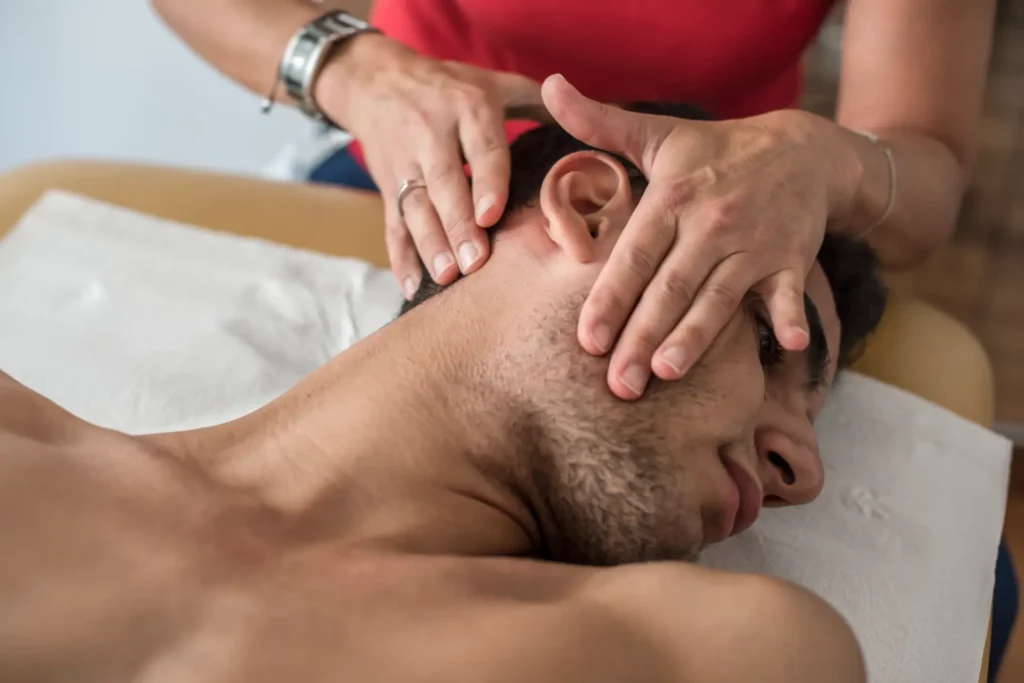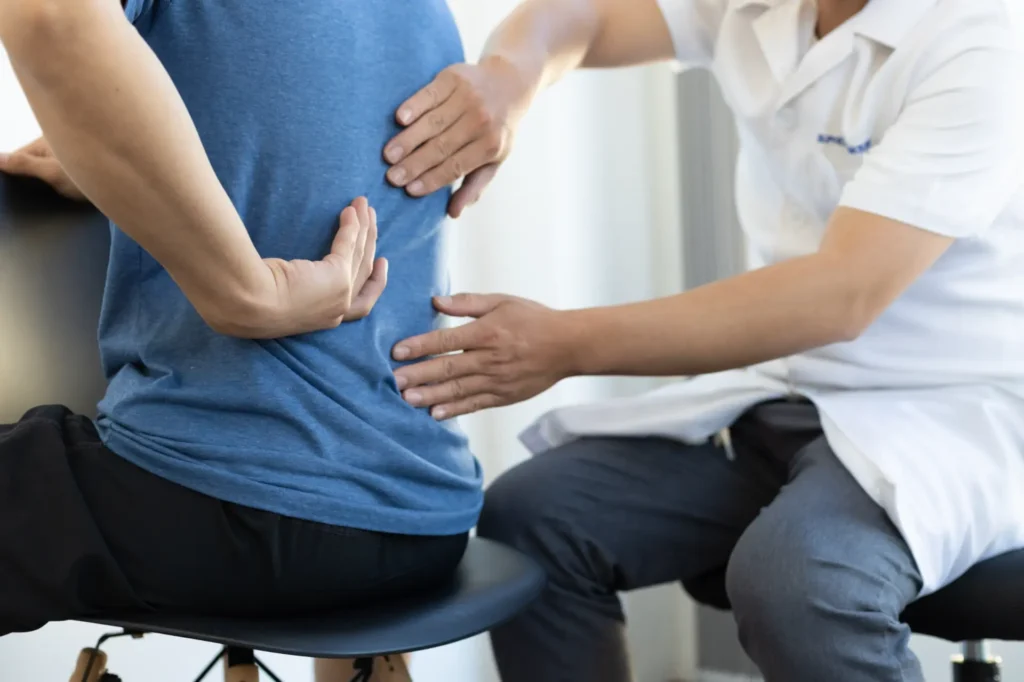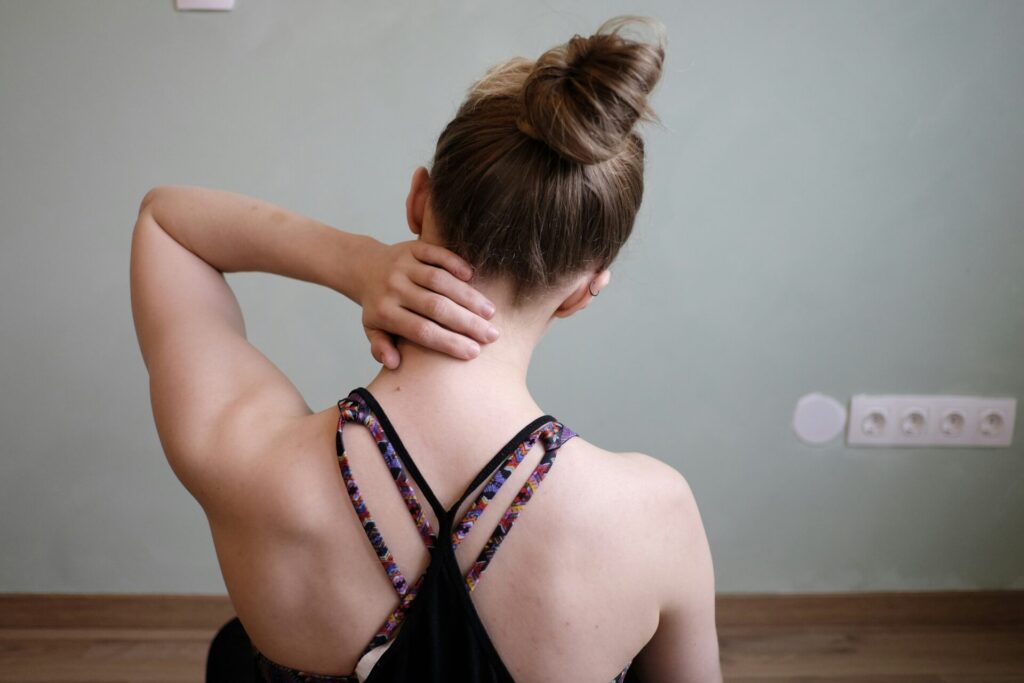Premenstrual Syndrome (PMS) is a complex interplay of physical and emotional symptoms that many women face before their menstrual cycle. From mood swings to bloating and cramps, these symptoms can significantly affect a woman’s quality of life.
However, a comprehensive solution exists that harnesses the power of various disciplines – chiropractic care, physical therapy, acupuncture, and Pilates – to offer effective relief. In this article, we will delve into the scientific foundations of this integrative approach and how it can empower women in their journey to better manage PMS.
Understanding PMS and Its Impact
Premenstrual Syndrome involves a series of physiological and hormonal changes in the days leading up to menstruation. This can lead to symptoms like mood disturbances, fatigue, abdominal discomfort, and even headaches. Headaches, in particular, are often triggered by hormonal fluctuations during this phase. The exact cause of PMS is not fully understood, but it’s believed to be related to the interplay of hormones, neurotransmitters, and the central nervous system.
The Synergistic Approach of Integrative Care
Integrative care, a comprehensive approach that combines chiropractic care, physical therapy, acupuncture, and Pilates, presents a multifaceted strategy to tackle the multifarious challenges of PMS. Each discipline brings a unique set of tools and techniques that, when woven together, create a holistic solution greater than the sum of its parts.
Chiropractic Care
Chiropractic adjustments play a pivotal role in the integrative approach by addressing spinal misalignments. These misalignments can disrupt the communication between the central nervous system and hormonal regulation. By realigning the spine, chiropractic care aims to restore this balance, potentially alleviating hormonal fluctuations that contribute to PMS symptoms. Furthermore, these adjustments can offer relief from muscle tension and discomfort, aiding in the management of physical symptoms like headaches.
Physical Therapy
Physical therapy enters the picture with its focus on musculoskeletal health. Specifically tailored exercises can address muscle tension, cramps, and discomfort often experienced during PMS. By strengthening and stretching muscles, physical therapy helps reduce muscle-related pain, improve circulation, and enhance overall physical well-being. This aspect of integrative care provides women with the tools to navigate through PMS more comfortably.
Acupuncture
The ancient practice of acupuncture aligns perfectly with the goals of integrative care. By stimulating specific points in the body, acupuncture influences the body’s energy flow, promoting pain relief and relaxation. When applied to PMS, acupuncture’s effects can translate into reduced headache intensity, alleviation of muscle tension, and a greater sense of emotional balance. This practice harmonizes with the comprehensive approach, addressing both the physical and emotional aspects of PMS.
Pilates
Pilates, a low-impact exercise method, reinforces the integrative approach through its emphasis on core strength, flexibility, and controlled movements. Engaging in Pilates exercises enhances blood circulation and flexibility, factors that contribute to alleviating muscle tension and discomfort. Moreover, Pilates promotes better posture, reducing the strain on muscles and potentially mitigating PMS symptoms such as back pain and cramps.
In summary, the synergy of chiropractic care, physical therapy, acupuncture, and Pilates creates a comprehensive strategy for managing PMS. By tackling physical discomfort, hormonal imbalances, and emotional well-being, this integrative approach empowers women to experience more manageable and less disruptive menstrual cycles. When these modalities harmonize, the result is a holistic solution that addresses the multifaceted nature of PMS, promoting a higher quality of life for women seeking relief.
Embark on a journey towards better PMS management. Book an integrated care session at Prestige Health and Wellness, where our team of skilled professionals in chiropractic care, physical therapy, acupuncture, and Pilates can create a tailored plan to help you navigate through PMS with greater comfort and confidence.




